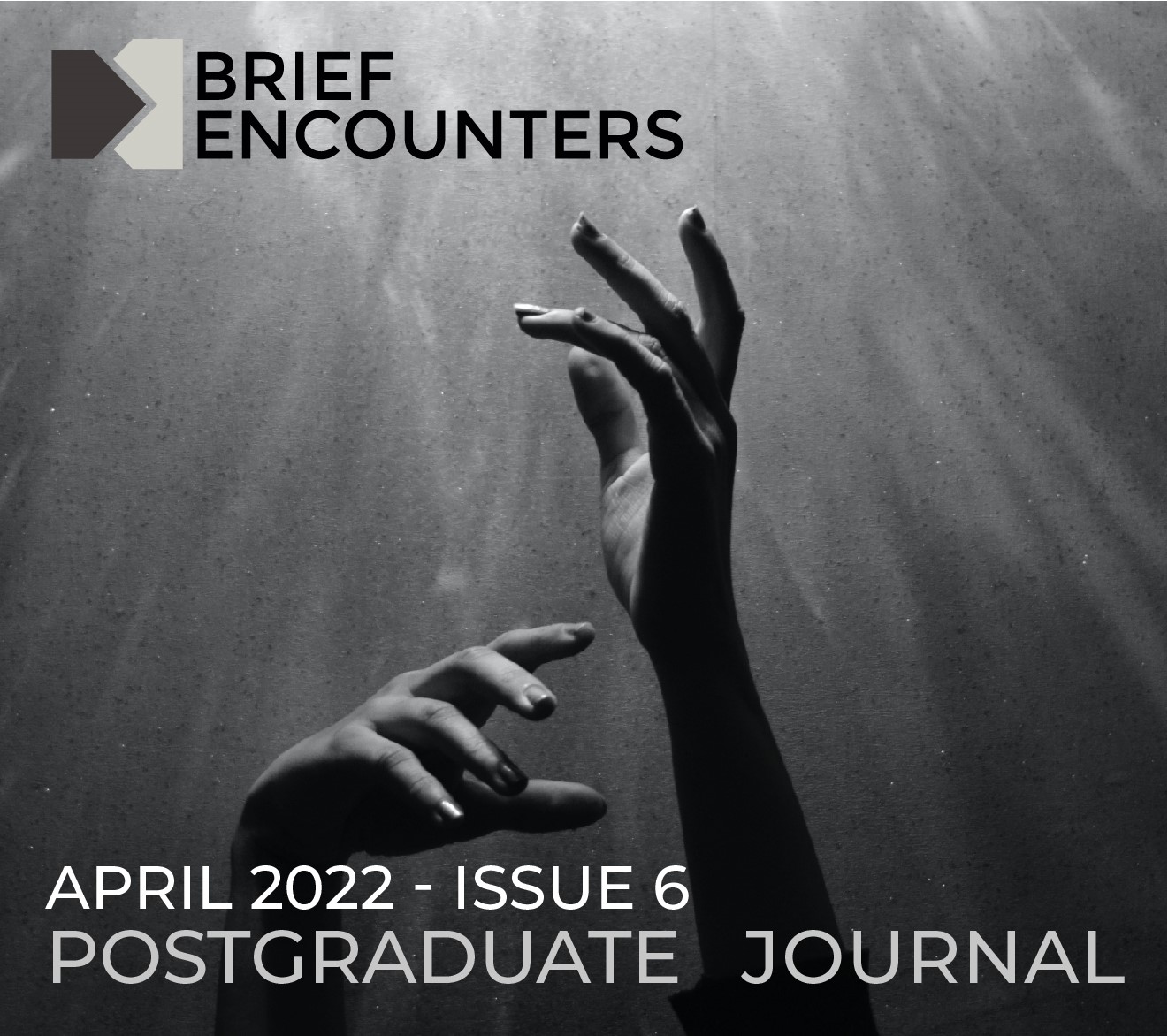Abstract
Colombia’s decades-long internal conflict seemingly came to a close in 2012 when the Colombian government and the Revolutionary Armed Forces of Colombia (FARC) declared their intent to engage in peace talks. In this transitional justice period, Colombia aimed to effectively address all the violations that had occurred during the conflict by holding them accountable within its Peace Agreement - including gender-based violations (GBV). This essay will examine the ways in which Colombia’s most recent peace process tackles conflict-related GBV in order to study whether these violations were sufficiently and appropriately addressed. The first section of this essay will define gender-based violations and examine how they have been addressed in transitional justice literature so far. The second section will evaluate how successfully Colombia’s peace process handles GBV by (a) studying the inclusion of gender perspectives in the peace process and by (b) analysing how the 2016 Peace Agreement provides for (i) truth, (ii) justice, (iii) reparations and (iv) guarantees of non-repetition in terms of GBV. In doing so, this article hopes that academic literature, the international community, and other peace processes can use Colombia’s take on gender-based violations as a guide - on what to do well and what to do better – so that the recognition of and protection from GBV is only increased here on out.
Keywords: SGBV, Colombia, transitional justice, gender
How to Cite:
Ebenezer, H., (2022) “Gender and the Colombian Peace Process: A Study of how Conflict-related Gender-based Violations are Addressed in Colombia’s Peace Process”, Brief Encounters 1(6). doi: https://doi.org/10.24134/be.v6i1.301
Downloads:
Download PDF
View
PDF

